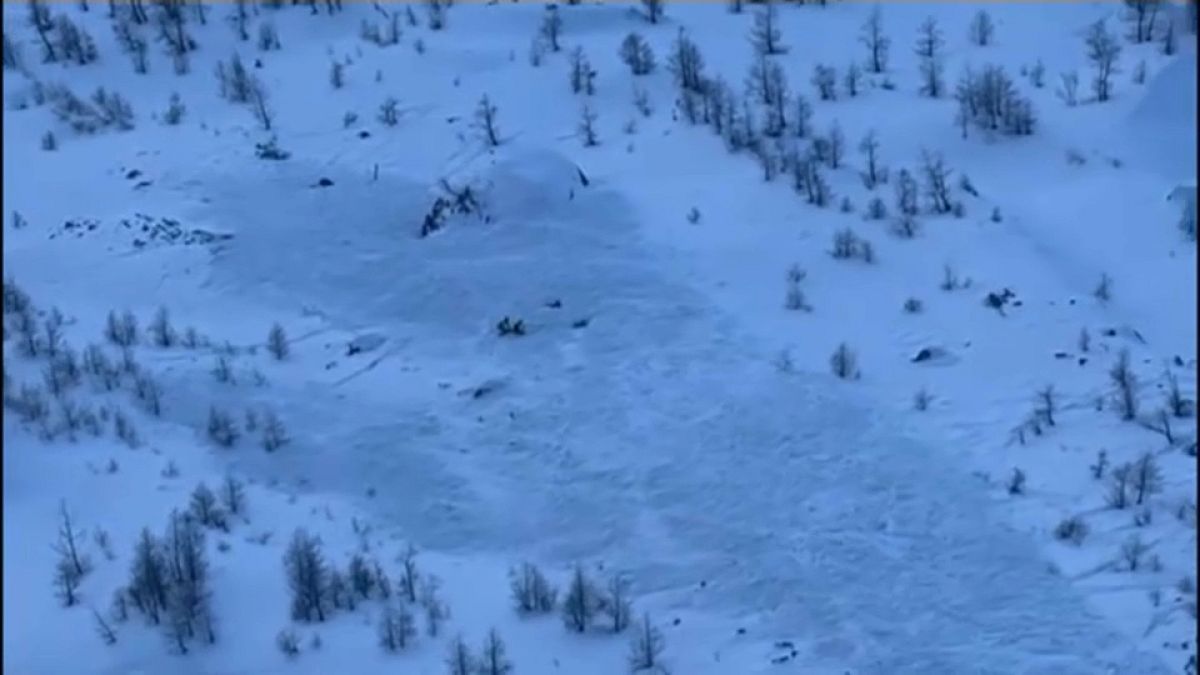Politics
Watchdog claims victory over Pentagon animal testing as lawmakers demand accounting of taxpayer funds
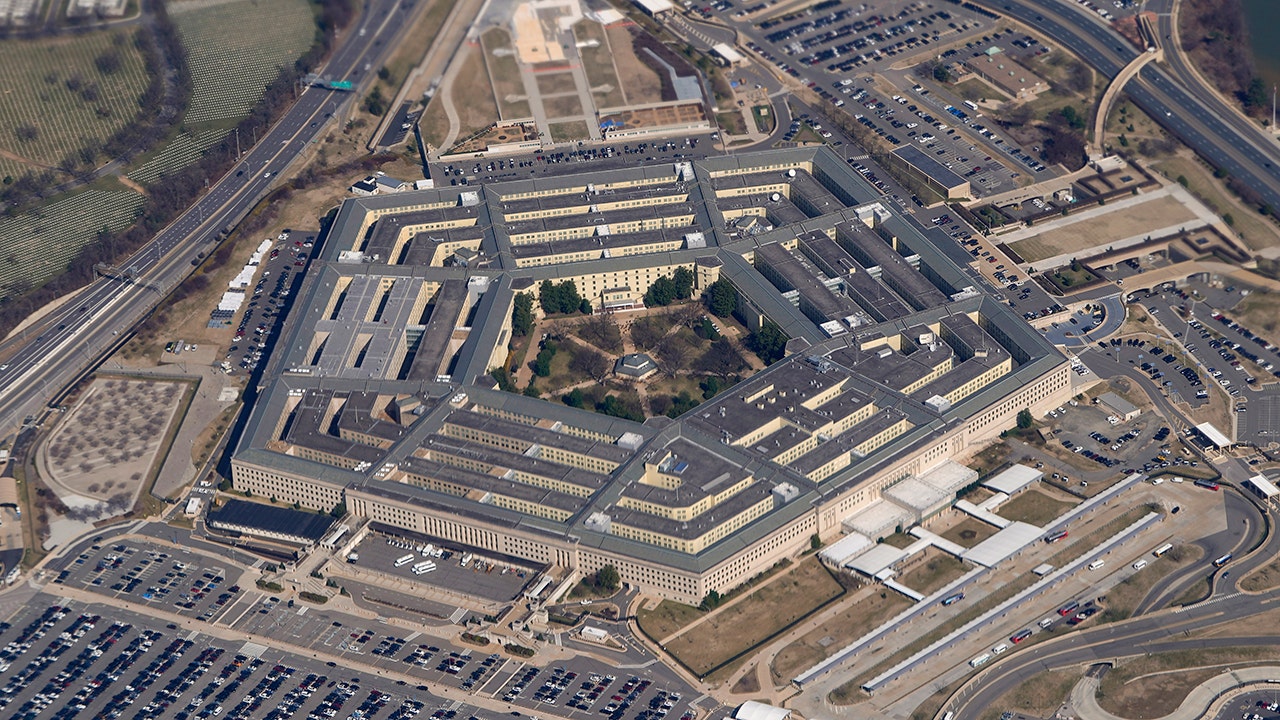
After several lawmakers criticized the Pentagon for sanctioning painful experiments on dogs, an animal-testing watchdog group said the Defense Department is only the latest agency to be exposed. Now, one-by-one, departments have been forced to put a stop to it.
One month after Fox News reported on the matter, representatives Young Kim, R-Calif., and Donald Davis, D-N.C., led more than two dozen House members in demanding a specific accounting of how the Pentagon spent taxpayer money in this way.
At the same time, a spokesperson for the White Coat Waste Project (WCW), an organization dedicated to ending the taxpayer-funded experimentation on animals, said he hopes the new attention, as well as a rider in the National Defense Authorization Act (NDAA), will make the Pentagon the second known federal agency to halt painful testing on animals.
Justin Goodman, WCW’s vice president, said in addition to the experimentation highlighted in June, Pentagon-sanctioned testing has also reportedly been “electroshocking” cats to study erectile dysfunction.
PENTAGON’S ‘BARBARIC’ DRUG TESTING ON DOGS RAISES HACKLES WITH PET-LOVING LAWMAKERS
A beagle in snow (iStock)
He noted the exposure of the testing led House lawmakers to insert an amendment into the 2025 NDAA to ban the Pentagon from continuing with any biomedical pet testing. Rep. Jared Moskowitz, D-Fla., a member of the Congressional Dog Caucus, drafted that particular amendment.
The letter, addressed to Defense Secretary Lloyd Austin, demands information on the timeline for dog testing, the number of dogs who underwent experimentation, the USDA “pain category” of Pentagon animal tests and an explanation of the testing relative to the fact the Food & Drug Administration (FDA) does not mandate canine testing for human drugs.
“We are concerned by the DOD’s use of taxpayer dollars on inhumane dog experiments for human drugs and do not believe it is a prudent use of its resources,” the letter states.
It also asked for figures on current grants, contracts and expenditures related to testing at the present and within the last five years. Goodman noted the particular defense contract relating to the beagle testing revealed in June ended July 31.
FAUCI UNDER FIRE FOR REPORT ALLEGING NIAID SPENT $400K FOR RESEARCH INFECTING DOGS WITH PARASITES
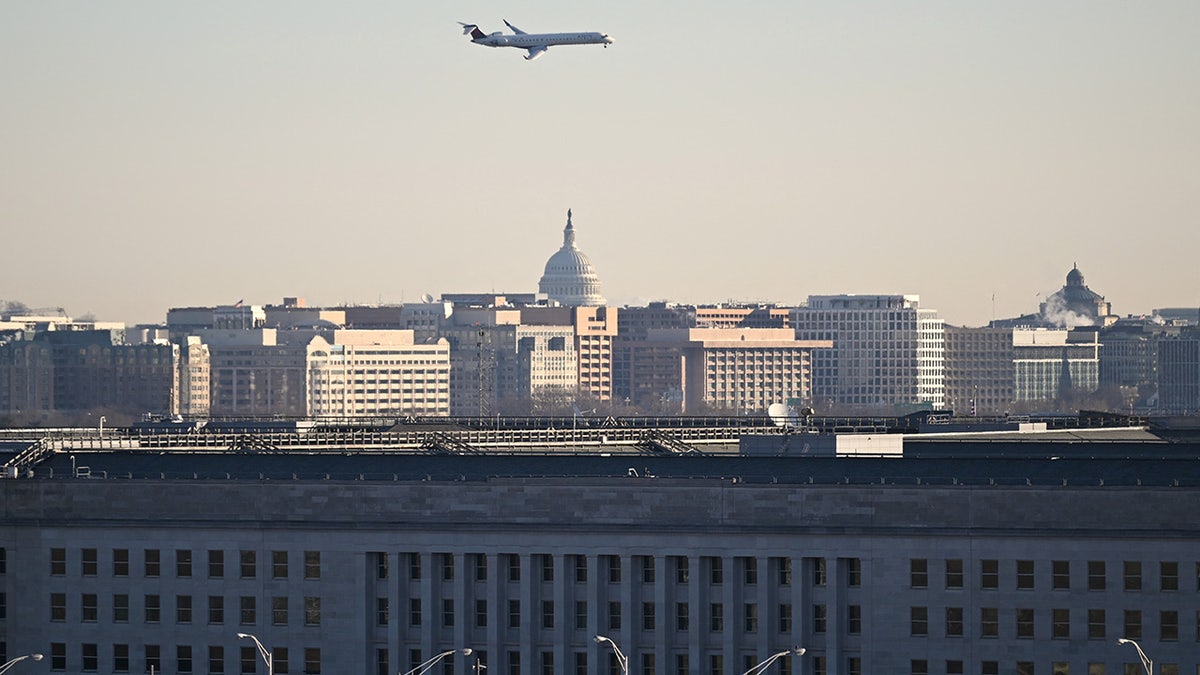
A plane flies over the Pentagon Jan. 11, 2024. (Andrew Caballero-Reynolds/AFP via Getty Images)
“This new letter also follows and cites our successful effort in the NDAA to unite Democrats and Republicans to defund all the DOD use (of cat and dog testing).” Goodman, whose group helped draft the letter, said.
“We have obviously exposed drug testing on puppies and these kitten-crippling experiments, but we don’t know the full extent of this wasteful spending because there’s such a lack of transparency about it.
“We eliminated dog and cat testing at the VA in recent years. And now we are working to make the DOD follow suit. And, unfortunately, there are several other agencies, including the NIH and the USDA, which are also spending taxpayer dollars to experiment on pets.”
Kim, the main signatory on the letter, said the Pentagon spent nearly $1 million on beagle testing alone, and she called the practice “inhumane and cruel.”
“The fact that this study was conducted despite DOD’s policy banning the use of dogs and cats for medical or surgical training and weapons development research shows we must continue to hold the administration’s feet to the fire and demand accountability,” she said.
Davis added that public funds should never be used for such testing and that Congress must work to stop the practices.
Rep. Nicole Malliotakis, R-N.Y., who signed the letter, called the practice “horrendous.”
“It must stop immediately,” she said. “As co-chair of the Congressional Animal Protection Caucus, I’m proud to work across the aisle on efforts to stop DOD and other government agencies from abusing these innocent dogs and cats with cruel, costly and absolutely unnecessary experiments.”
Her fellow New York Republican, Michael Lawler, added that using taxpayer funds to experiment on animals is the “last thing” the Pentagon should be doing.
“Pet abuse is wrong, and we should all be working to end it. That must include the Biden administration, who have shown a propensity to testing on cats and dogs,” he said.
Two other signers offered similar takes, with Rep. Troy Nehls, R-Texas, calling the practice taxpayer-funded “torture [of] animals,” and Rep. Brian Fitzpatrick, R-Pa., saying the Pentagon should look to proven, non-animal testing methods that are available.
In response, a Pentagon spokesperson said that, as with all congressional correspondence, the agency will “respond directly to the authors.”
“It wouldn’t be appropriate for the department to comment on proposed legislation,” the spokesperson said.
In his interview with Fox News Digital, Goodman also discussed a 2022 letter from Veterans Affairs Secretary Denis McDonough to Sen. Martin Heinrich, D-N.M., regarding feline experimentation to benefit stroke survivors and vets who have undergone amputations.
McDonough wrote to Heinrich, chair of the Senate Appropriations Subcommittee on the VA, telling him he approved of such a study and included a legally-mandated report on it.
Goodman said the VA has since been compelled by Congress to suspend any active testing on cats, dogs or primates by 2026 and took issue with any claim McDonough has been opposed to such testing.
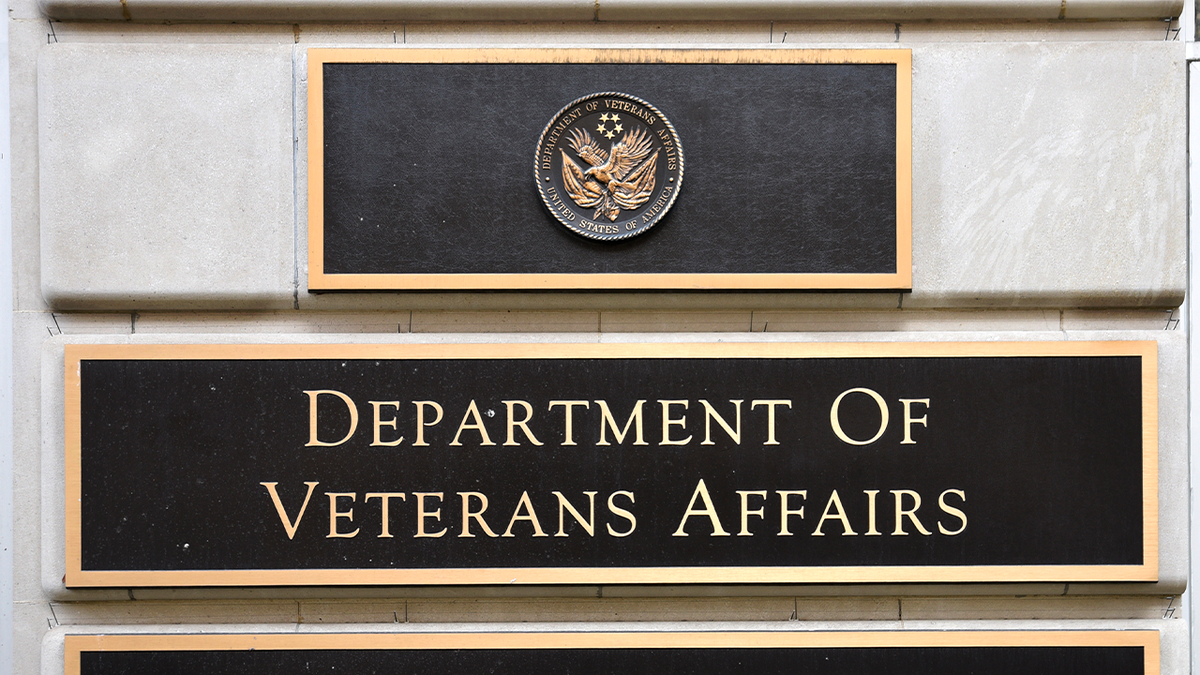
A metal plaque on the facade of the Department of Veterans Affairs building in Washington, D.C. (Robert Alexander/Getty Images)
In response, a spokesperson for the VA said approval of a study does “not at all mean advocacy for the continuation of the policy” and suggested McDonough has been a bureaucratic leader in trying to halt such tests.
“Under Secretary McDonough’s leadership, we are no longer conducting any feline testing and are now bringing an end to animal research on sensitive species,” VA press secretary Terrence Hayes said.
“Historically, VA has conducted research using sensitive species only when absolutely necessary to care for those who have served in our military. Over the last 19 years, VA has proactively reduced the number of studies involving sensitive species, driving an over 90% decrease in these types of studies,” Hayes added.
“The allegation that Secretary McDonough was personally advocating for this research is false.
Asked about the matter, Kim said it makes her wonder where else such testing is happening in the federal government.
“Resorting to testing animals should never happen, especially as we advance technological innovation,” Kim said.

Politics
Trump Discusses Tax Cuts for New Yorkers With G.O.P. Lawmakers

President-elect Donald J. Trump reiterated his support for undoing a major provision of his 2017 tax law on Saturday when he told more than a dozen House Republicans at his Florida estate to come up with a plan for increasing the state and local tax deduction, according to four lawmakers who attended.
Republicans put a $10,000 cap on the deduction, often called SALT, during Mr. Trump’s first term to help cover the cost of the broader 2017 tax law they passed along party lines. The change upset lawmakers from both parties in high-tax states like New York and New Jersey, who have since made it a central political promise to restore a valuable deduction for residents in their states.
The yearslong quest to restore the deduction — or at least increase its limit — got a boost during the presidential campaign when Mr. Trump said he would “get SALT back.” But the House Republicans demanding an increase to the limit have not yet agreed among themselves on the details.
Some have called for raising the limit for the deduction as high as $200,000. Others have more modest ambitions, including a smaller increase in the deduction’s limit that would be paired with gradual hikes over time that match the pace of inflation. Right now, the $10,000 cap applies to both individuals and married couples, and the group seems in agreement that couples should take a larger deduction than individuals.
At the meeting on Saturday, House Republicans from New York, New Jersey and California offered a variety of ideas to Mr. Trump about how to address the issue, according to the attendees. Among the concepts discussed was the possibility of persuading local leaders to hold off on tax increases in return for a higher deduction for their residents.
“Maybe we increase the deduction, but maybe the deduction goes even higher if your state freezes or lowers the tax rate,” said Representative Nicole Malliotakis, a New York Republican and member of the Ways and Means Committee who attended the meeting. “These are all ideas we are entertaining.”
Mr. Trump largely listened to the House Republicans, who were served coconut shrimp and Trump-branded bottled water during the hourlong meeting, and asked the group to reach a consensus, the attendees said. Any proposed change would also need nearly unanimous support from other congressional Republicans, many of whom are skeptical of providing tax relief to largely high-income residents of states governed by Democrats.
Lifting the cap on the deduction is expensive, and Republicans are already grappling with the vast cost of the tax bill they plan to pass this year. Lawmakers have explored the possibility of limiting the ability of businesses to deduct state and local taxes from their federal bills to try to cover the cost of any changes.
“It can’t be unlimited, and we still need a cap,” said Representative Jeff Van Drew, a New Jersey Republican who attended the meeting. “We have to find that sweet spot.”
Politics
Trump tasks blue state Republicans with 'homework' as GOP plots massive conservative policy overhaul
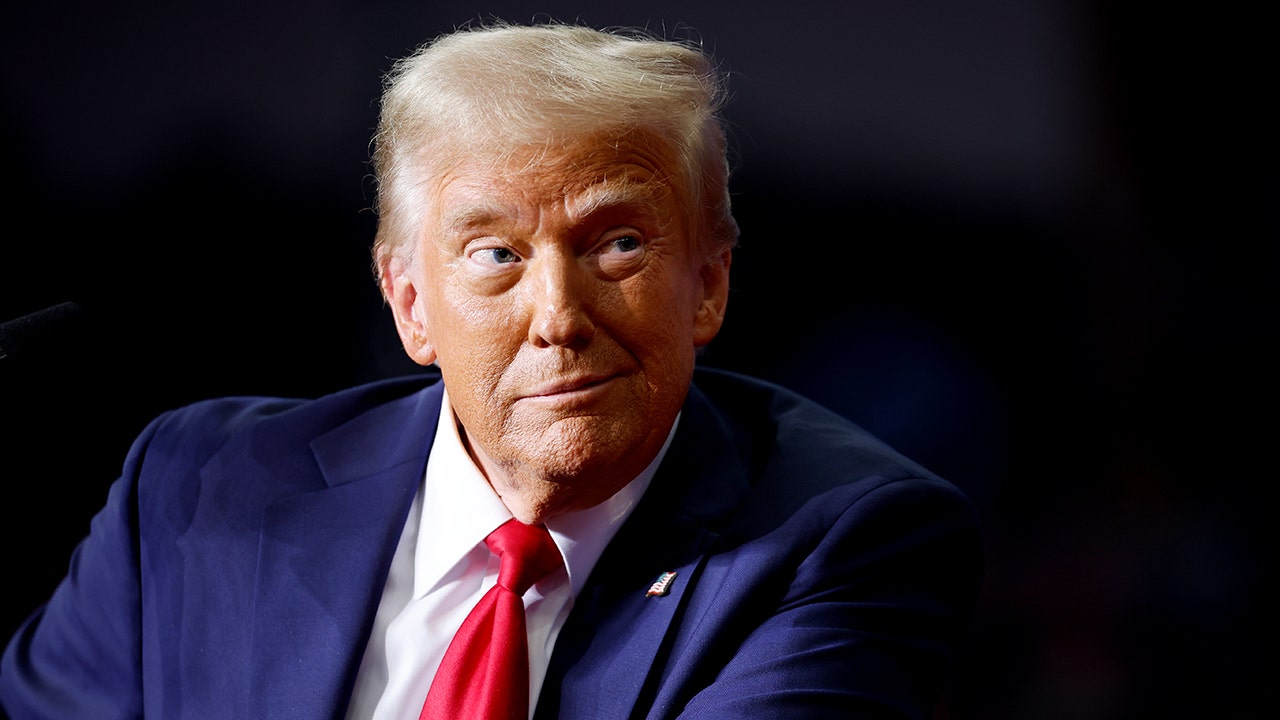
GOP divided over lifting SALT cap
Rep. Mike Lawler, R-NY, joins ‘Sunday Morning Futures’ to discuss the Trump meeting with blue state Republicans over lifting the SALT cap and NYC congestion pricing.
President-elect Donald Trump is giving Republicans his blessing to negotiate on a key tax that could prove critical to the GOP’s negotiations for a massive conservative policy overhaul next year.
Trump met with several different groups of House Republicans at Mar-a-Lago over the weekend, including blue state GOP lawmakers who make up the House SALT Caucus – a group opposed to the current $10,000 cap on state and local tax (SALT) deductions that primarily affect urban and suburban residents in areas with high income and property taxes, such as New York, New Jersey, and California.
“I think it was productive and successful,” Rep. Nicole Malliotakis, R-N.Y., said of the meeting. “The president supports our efforts to increase the SALT deduction. He understands that mayors and governors in blue states are crushing taxpayers and wants to provide relief from the federal level.”
JOHNSON BLASTS DEM ACCUSATIONS HE VOWED TO END OBAMACARE AS ‘DISHONEST’
President-elect Donald Trump told New York Republicans he would work with them on a number of priorities (Chip Somodevilla/Getty Images)
But Trump also signaled he was aware of the opposition from others in the House GOP conference, particularly rural district Republicans, who have viewed SALT deductions as tax breaks for the wealthy. Before the cap was imposed in 2017, there was no limit to how much state income and local property taxes people could deduct from their income when filing their federal returns.
“He gave us a little homework to work on, a number that could provide our middle class constituents with relief from the high taxes imposed by our governor and mayor, and at the same time, you know, something that can build consensus and get to [a 218-vote majority],” Malliotakis said.
“I think we pretty much know that it’s not going to be a complete lifting of the SALT cap. There’s not an appetite within Congress or even among American taxpayers to lower taxes for the ultra-wealthy.
“Our efforts are really targeted to middle-class families, and that’s what we’re focused on in trying to achieve the right balance.”
The current SALT deduction cap has been opposed by New York and California lawmakers for much of its existence, since being levied in Trump’s Tax Cuts and Jobs Act (TCJA).
RFK JR. TO MEET WITH SLEW OF DEMS INCLUDING ELIZABETH WARREN, BERNIE SANDERS
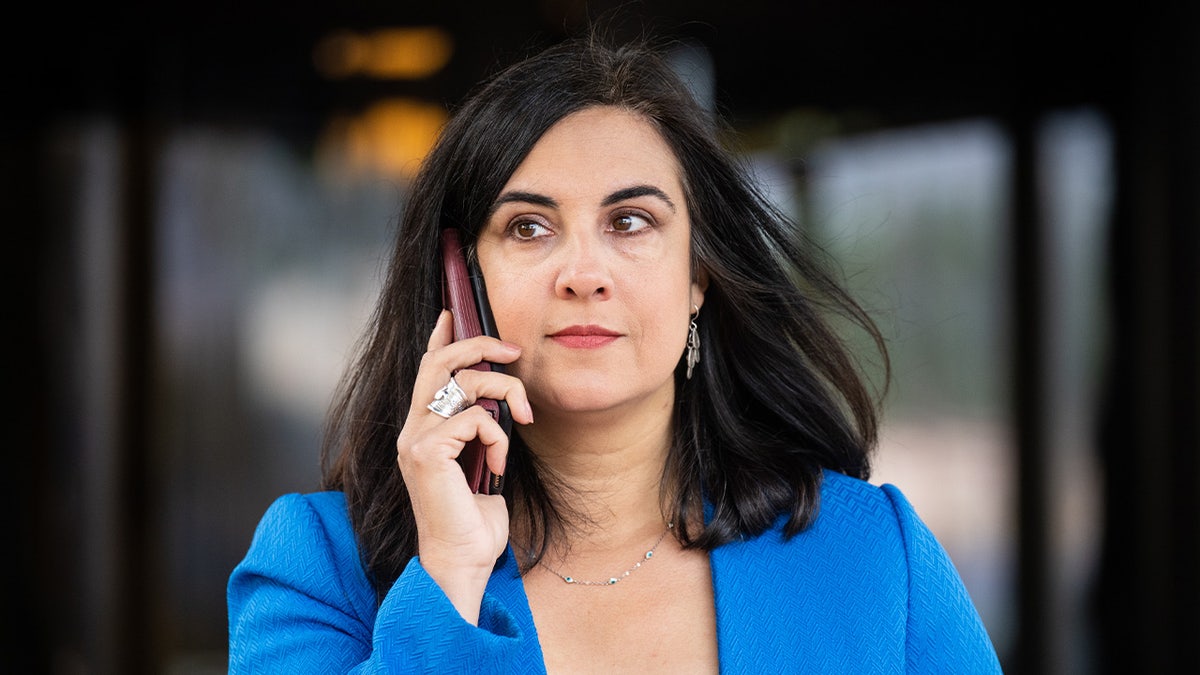
Rep. Nicole Malliotakis told Fox News Digital that Trump would work with New York Republicans on congestion pricing (Drew Angerer/Getty Images)
Trump suggested he would change course during his second administration as early as September last year, when he posted on Truth Social that he would “get SALT back, lower your taxes, and so much more.”
The discussions are part of Republicans’ wider talks about passing a massive fiscal and conservative policy overhaul via a process known as “reconciliation.”
By lowering the Senate’s threshold for passage to a simple majority instead of two-thirds, the process allows the party in control of both houses of Congress and the White House to pass certain legislation provided it deals with budgetary and other fiscal matters.
Some pro-SALT deduction Republicans, like Rep. Mike Lawler, R-N.Y., had signaled they could withhold support from the final bill if the cap was not increased.
“The only red line I have is that if there is a tax bill that does not lift the cap on SALT, I would not support that,” Lawler told Fox News’ Sunday Morning Futures.
Lawler also said Trump agreed that SALT deduction caps needed to be raised.
House Republicans have virtually no room for error with a razor-thin majority from Trump’s inauguration until likely sometime in April.
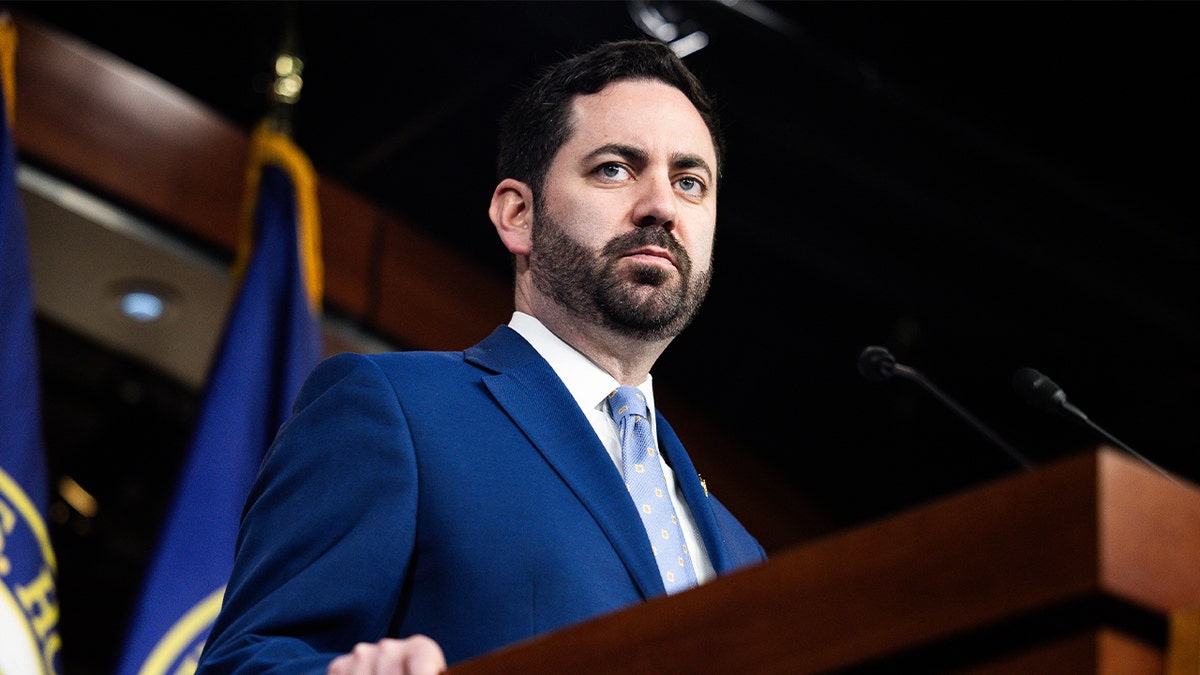
Rep. Mike Lawler said SALT deduction caps were a “red line” for his support on a budget reconciliation bill (Tierney L. Cross)
Meanwhile, Trump also told New York Republicans that he would help them fight their state’s controversial congestion pricing rule that levies an added cost to drive in parts of Manhattan.
“He understands how unfair this is and how it would impact the city’s economy and the people we represent and so we’re currently working with him on legal options to reverse the rubber stamp of the Biden administration,” Malliotakis said. “If there’s a legal option, if there’s a legal option for him to halt congestion pricing, he will.”
“You have, you know, cops, police, firefighters, nurses, the restaurant workers that have to go in at odd hours, and they drive because they don’t feel that the transit system is clean or safe.”
Congestion pricing took effect in New York City earlier this month.
Fox News Digital reached out to the Trump transition team for comment on this weekend’s meeting.
Politics
Newsom suspends landmark environmental laws to ease rebuilding in wildfire zones

Landmark California environmental laws will be suspended for wildfire victims seeking to rebuild their homes and businesses, according to an executive order signed Sunday by Gov. Gavin Newsom.
Requirements for building permits and reviews in the California Environmental Quality Act and the California Coastal Act — often considered onerous by developers — will be eased for victims of the fires in Pacific Palisades, Altadena and other communities, according to the order.
“California leads the nation in environmental stewardship. I’m not going to give that up,” Newsom told Jacob Soboroff on NBC’s “Meet the Press.” “But one thing I won’t give into is delay. Delay is denial for people: lives, traditions, places torn apart, torn asunder.”
Dan Dunmoyer, president and chief executive of the California Building Industry Assn., said the governor’s action represents an early and strong statement about the future of these areas. Newsom is making clear, Dunmoyer said, that the state will encourage homeowners to go back to their neighborhoods rather than deem development there too risky.
“He’s put a marker down to say we’re going to rebuild these communities,” Dunmoyer said.
Waivers of the environmental quality act, known as CEQA, and the Coastal Act could shave years off the process for homeowners in the Palisades, he said, but building permits issued by local governments represent another major hurdle.
“Those two banner ones are important,” Dunmoyer said, referring to the state laws, “but if the locals don’t come up with an expedited process, that’s where it could get stuck.”
Newsom’s order calls for the state housing department to work with affected cities and the county to develop new permitting rules that would allow for all approvals to be issued within 30 days.
In the wake of the fires, housing analysts have renewed calls for the city of Los Angeles to speed up its processes. A 2023 study found that the average unit in a multifamily property in the city took five years to complete, with a substantial portion of that time related to bureaucratic approval.
Mayor Karen Bass has acknowledged the problems and pledged that the city will accelerate permitting.
“We are going to clear the red tape and unnecessary delays and costs and headaches that people experience in ordinary times so that we can rebuild your homes quickly,” Bass said at a news conference Thursday.
Bass reiterated the promise at a news conference Sunday morning, applauding the governor’s action, and said she plans to release details on the effort this week. L.A. County Board of Supervisors Chair Kathryn Barger, who represents Altadena, similarly lauded the governor’s executive order.
“I want to thank the governor for hearing my request and taking swift action to ensure that our residents will not be burdened by unnecessary requirements as they begin the process of recovery and rebuilding,” said Barger, a Republican.
However, many GOP members across the state said Newsom’s order was too little, too late.
“Wildfire victims deserve much more from Gavin Newsom. When his track record includes lying about and underfunding wildfire prevention efforts, he owes Angelenos answers on how he and local Democrat leaders could have been so unprepared for these devastating wildfires,” said California Republican Party Chairwoman Jessica Millan Patterson. “No more blame game and excuses. We need accountability from this governor, and we need it now.”
Environmentalists also noted that the governor’s executive order restates an existing provision in the Coastal Act that provides exemptions for fire rebuilds.
The California Coastal Commission, which is tasked with coordinating with local officials in enforcing the Coastal Act, noted last week that the state law already clearly lays out that reconstruction of homes, businesses and most other structures destroyed by a disaster are exempt from typical coastal development permits — as long as the new building is sited in the same location and not more than 10% larger or taller than the destroyed structure.
In the 2018 Woolsey fire, which devastated areas in and around Malibu, the commission coordinated with city and county officials to help homeowners rebuild. Coastal officials also noted that over the years, following other devastating natural disasters, the commission has processed hundreds of “disaster rebuild waivers” in other coastal areas that are directly regulated by the commission.
“When the time comes to rebuild, both the Coastal Act and the Governor’s Executive Order provide a clear pathway for replacing lost structures quickly and easily,” Kate Huckelbridge, the commission’s executive director, said in a statement. “Our hearts go out to all the residents of the L.A. area whose homes and communities have been destroyed by these horrific fires.”
President-elect Donald Trump and other conservatives have castigated Newsom and other Democratic leaders in California for embracing environmental policies that they argue laid the groundwork for this month’s historic destruction. Calling Newsom “incompetent,” Trump said he should resign, and made false statements about water being redirected to protect small fish and about Federal Emergency Management Agency policy.
“The fires are still raging in L.A. The incompetent pols have no idea how to put them out,” Trump wrote Saturday night on Truth Social, his social media platform. “Thousands of magnificent houses are gone, and many more will soon be lost. There is death all over the place. This is one of the worst catastrophes in the history of our Country. They just can’t put out the fires. What’s wrong with them?”
Trump’s transition team did not respond to requests for comment on Saturday.
Newsom, during the NBC interview, said he had asked the incoming president to come view the devastation in person, as Barger did Saturday.
“We want to do it in the spirit of an open hand, not a closed fist. He’s the president-elect,” Newsom said. “I respect the office.”
While noting that many of the buildings that survived the fires were more likely to be built under modern building codes, Newsom said he was worried about the amount of time it would take to rebuild. So his executive order eliminates some CEQA requirements, modifies Coastal Act provisions and ensures property tax assessments are not increased for those who rebuild.
CEQA was signed into law by then-Gov. Ronald Reagan in 1970 amid the burgeoning environmental movement. The Coastal Act was created after a landmark voter proposition in 1972 that was led by a fervent statewide effort to save the coast from unchecked development and devastating oil spills like the 1969 disaster in Santa Barbara that was considered the “environmental shot heard round the world.”
Both have faced challenges for decades, and governors of both parties have argued for more than 40 years that CEQA needs to be reformed. Several of the act’s requirements were temporarily suspended by an executive order issued by Newsom during the pandemic. He argues that now is the time again.
Asked on the news program whether this month’s wildfires are the worst natural disaster in the nation’s history, Newsom noted that recent fires had resulted in a greater loss of life but said, “I think it will be in terms of just the costs associated with it in terms of the scale and scope.”
He called for a California version of the Marshall Plan, the American effort to rebuild Western Europe after World War II.
“We already have a team looking at reimagining L.A. 2.0,” he said, “and we are making sure everyone’s included, not just the folks on the coast, people here that were ravaged by this disaster.”
-

 Politics1 week ago
Politics1 week agoCarter's judicial picks reshaped the federal bench across the country
-

 Politics1 week ago
Politics1 week agoWho Are the Recipients of the Presidential Medal of Freedom?
-

 Health1 week ago
Health1 week agoOzempic ‘microdosing’ is the new weight-loss trend: Should you try it?
-

 World1 week ago
World1 week agoSouth Korea extends Boeing 737-800 inspections as Jeju Air wreckage lifted
-
/cdn.vox-cdn.com/uploads/chorus_asset/file/25822586/STK169_ZUCKERBERG_MAGA_STKS491_CVIRGINIA_A.jpg)
/cdn.vox-cdn.com/uploads/chorus_asset/file/25822586/STK169_ZUCKERBERG_MAGA_STKS491_CVIRGINIA_A.jpg) Technology4 days ago
Technology4 days agoMeta is highlighting a splintering global approach to online speech
-

 News1 week ago
News1 week agoSeeking to heal the country, Jimmy Carter pardoned men who evaded the Vietnam War draft
-

 Science2 days ago
Science2 days agoMetro will offer free rides in L.A. through Sunday due to fires
-

 News1 week ago
News1 week agoTrump Has Reeled in More Than $200 Million Since Election Day












